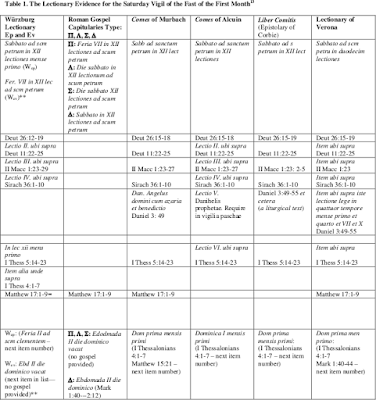A question: why not still?
In the liturgical organization of the week three days were very soon given a privileged place: Wednesday, Friday and Saturday.
As early as the end of the first century, the Didache speaks of Wednesday and Friday as fast days. In the next century, the Shepherd of Hermas, Clement of Alexandria and Tertullian speak of them as 'stational' days, that is, days of fasting and penitential prayer.
All of Christian antiquity, without exception, observed the Wednesday and Friday fasts. Rome added Saturday. In the West we find the discipline being softened between the sixth and tenth centuries: first, the Wednesday observance was reduced to one of abstinence, then the Wednesday abstinence disappeared, as did the Friday fast. Only Ember Wednesdays, Fridays and Saturdays remained as witnesses to the ancient discipline down to the Second World War.
I suspect that the Embertides are very ancient practices. A most helpful dissertation, named in the post title, is found here. I reproduce the tables of lections for the Saturday vigil masses contained therein. Click images to enlarge.
with Luke 6:36 making an early appearance.
AN AFTERTHOUGHT
Put together the Ember Saturday Gospel pericopes and what have you got? Perhaps an extended meditation on the complex interplay of the gaze (being seen) and the voice (being called) in the New Dispensation? A new order in which, if we are watchful, a clearing, and cleaning, and straightening, and setting right will occur?






No comments:
Post a Comment